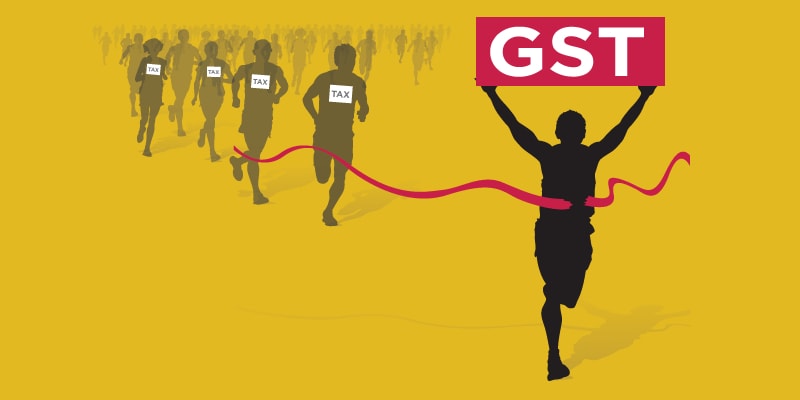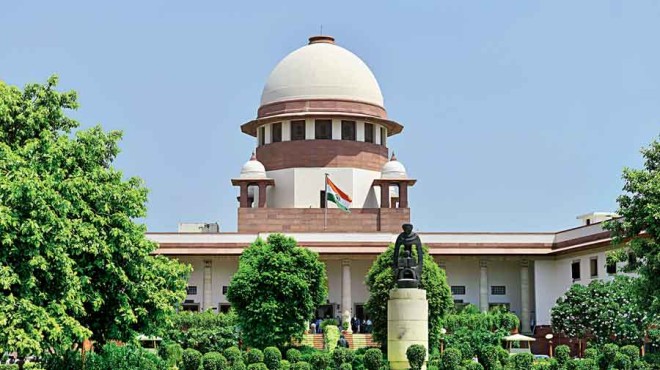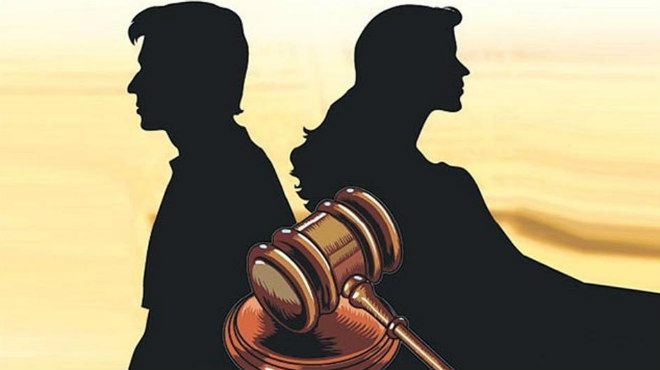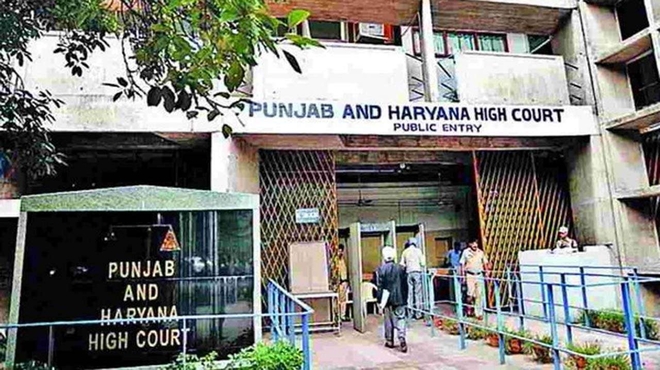GST rates finalised, no tax on books and food
May 20, 2017
One of the most important tax reforms in the history of the nation was finally able to see the light at the end of the tunnel. The Goods and Services Tax (GST) Council on Thursday decided the tax rates for 1,211 items.
Latest Legal News
.jpg)
3 Bills to Renew India's Criminal Justice System presented in Lok Sabha; All you Need to Know

âSorry state of affairs' in PoSH Act implementation; SC orders Govts. to ensure ICCs are constituted


 655+ Lawyers are online
655+ Lawyers are online 


.jpg)


